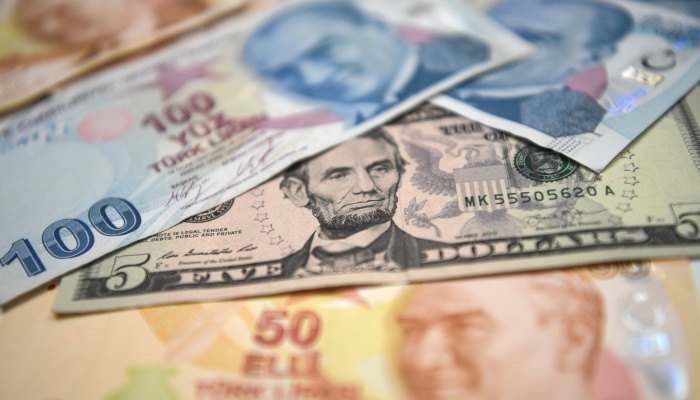Turkey’s inflation soars, 25 banks downgraded to “-B” rating
Fitch Ratings, the international credit rating agency, has just presented a new report in which it predicts a rather negative economic future for Turkey. The country faces major challenges in resolving the problems of inflation, political uncertainty and external risks and, as a result, has seen the ratings of 25 Turkish banks downgraded from “B” to “-B”.
These affected banks are: Akbank Arap Turk Bankasi, Anadolubank Denizbank, Fibabanka Anonim Sirketi, ING Bank, Kuveyt Turk Katilim Bankasi, Odea Bank, Turkland Bank and QNB Finansbank, among others.

The agency has revised the credit ratings of these entities and says that their long-term economic outlook is quite negative. The organisation says the country’s problems continue to hit its economic system hard. It has also downgraded the lenders’ long-term local currency issuer ratings for default.
The National News notes that Fitch has placed Turkey’s economic situation in “an inflation spiral” that is forcing the nation’s central bank and government to take many macroeconomic and external risks. The new rating of its financial institutions is five notches below investment grade and Fitch says there is significant payment risk. Moreover, the rating makes it more difficult for Turkey to access capital markets and obtain financing, and its situation is worsening.

Inflation in the country is at its highest point in its 24-year history. Only in 1998 was debt at such a high level. According to data provided by the Turkish Statistical Institute, it stands at 78.62%, a very high and worrying figure. Since December, inflation has risen worryingly.
Inflation in the nation is rising due to the increase in fuel and energy prices, as well as the procurement of raw materials. According to the agency, producer prices have risen 138% year-on-year in June alone and food prices have soared to almost 94%, making the country increasingly poor and resource-starved.

On top of this, Turkey’s currency, the Turkish lira, is depreciating steadily, further contributing to rising costs. Data confirm that Turkey’s currency has already lost 44% of its value against the dollar last year alone. And this year it is on the same path, as updated figures put the lira at 20% less of its value compared to the dollar.
Turkey is expected to end 2022 with an average annual inflation rate of 71.4%. This puts the Mediterranean country in the highest international inflation rankings for any of those the agency is in the business of rating.

“This reflects our view that the risk of [government] intervention preventing banks from meeting their foreign currency obligations remains higher than that of a sovereign default,” Fitch notes.
With a very weakened operating environment, the agency expects Turkey to require government intervention in the banking system to salvage the situation. But things continue to get more complicated, as state-owned commercial banks no longer have the capacity to act because they are too constrained to provide foreign currency support.

Fitch forecasts that Turkish banks will have to undergo refinancing and foreign currency liquidity. They will have to start this process soon if the situation does not improve, as they are highly dependent on external wholesale funding and dollar movements.



